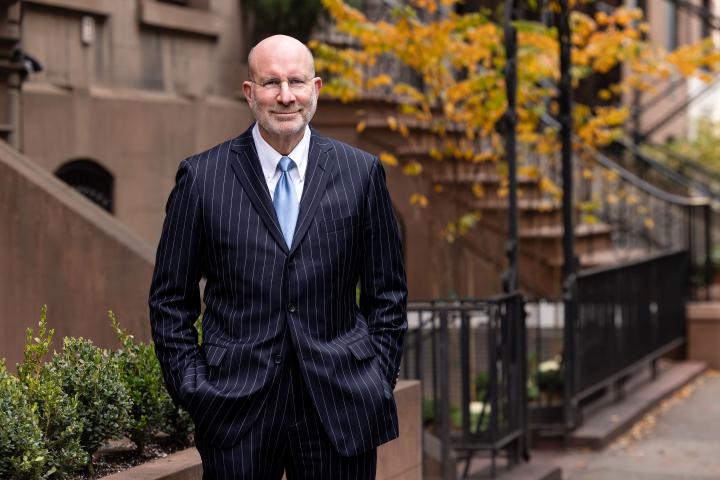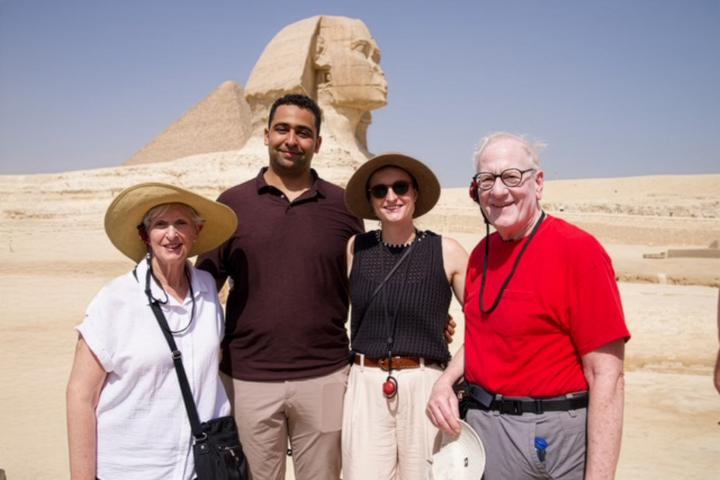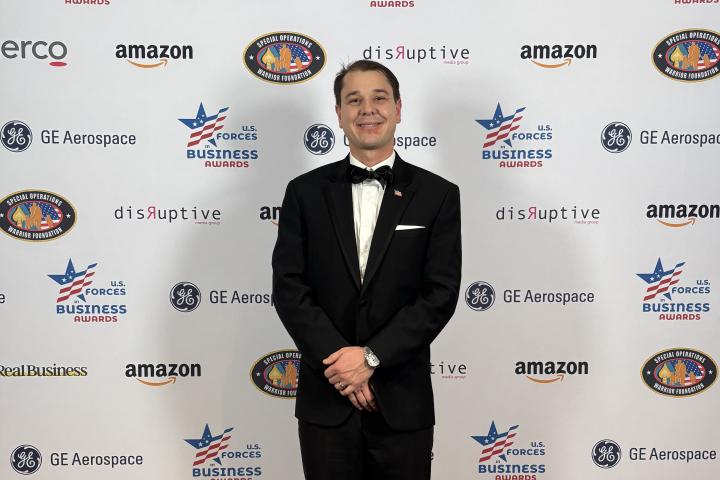
One Fine Day, Weitzman Found Two Life Passions
A “Perry Mason” devotee, Allan Weitzman ’70, Law ’73, knew from an early age that he wanted to be a trial lawyer. But he didn’t know what kind.
Then, as a high school junior, he accepted a Cornell Club of Maryland invitation to visit campus. When he arrived, he called his Baltimore Boys Club adviser, Alan Libshutz ’67, who invited him to stay at his fraternity for the weekend.
The next day, Libshutz took him to a labor law class taught by Professor Kurt Hanslowe, who held a dual appointment with the Cornell Law School.
“I walked out of that class saying, ‘I want to be a labor lawyer. And I want to attend ILR,’” Weitzman says.

As a freshman, he pledged to Libshutz’s fraternity, Tau Delta Phi, and lived in the house during his sophomore year before serving as a dorm counselor his junior and senior years.
In the fall of his senior year, Weitzman took the legendary “American Ideals” course with Milton Konvitz, also a professor at both ILR and Cornell Law. He earned the highest grade in the class and won the Sophie M. Seidenberg Memorial Award. When Konvitz asked about his future plans, Weitzman told him of his desire to attend Cornell Law. Konvitz said he would make a call; two weeks later, Weitzman was admitted.
Despite “terrible grades” during his first ILR semester, Weitzman graduated near the top of his class and “hit the ground running” at Cornell Law because “I had already been taught by law school professors.”
Hanslowe, his administrative law professor at ILR, later taught labor law to Weitzman and hired him as his research assistant for a labor law textbook he was co-authoring.

Weitzman was an editor of the law review and a member of the Order of the Coif scholastic society, graduating with distinction before beginning a 44-year career in Proskauer Rose’s Labor and Employment Law Department. Before finishing his first year as an associate, he had tried his first arbitration case; by his third year, he handled collective bargaining negotiations independently. In 1981, he was made partner.
Weitzman served in the firm’s New York office until 1994, when he was asked to head the department in Boca Raton, Florida. There, the focus of his work shifted from labor law to employment law.
During that time, he co-authored five amicus briefs for the Society for Human Resource Management to the U.S. Supreme Court. One of them, Faragher v. City of Boca Raton, resulted in a landmark decision. The employer’s affirmative defense, adopted by the Supreme Court, was based on the argument made by Weitzman and partner Paul Salvatore ’81, Law ’84, that employees who bypass an employer’s internal complaint procedure should not benefit from a strict liability standard.
In 2017, following his mandatory retirement from Proskauer at age 68, he founded Weitzman Arbitration & Mediation Services, also known as WAMS.
He says his second career “honors the neutrality of my Cornell professors, who built the foundation for my life and livelihood in a field that I love.”
Among numerous other honors, Weitzman was named three times by the “Best Lawyers” publication as "lawyer of the year” in several categories: employment law-management, Miami (2013), employment law-management, Fort Lauderdale (2016) and labor law-management, Fort Lauderdale (2017). Also in 2017, he was named to the Corporate Employment Lawyers Hall of Fame and received a lifetime achievement award from the Palm Beach County Chapter of the Society for Human Resource Management.
A “serious golfer,” he has made three holes-in-one and now travels the world in pursuit of new courses to conquer.
Because Weitzman’s road to and through Cornell traversed both the ILR School and Cornell Law, when it came time to consider his legacy, he established the Allan H. Weitzman Professor of Labor and Employment Law as a joint professorship in the two schools. His late wife, Regina, was instrumental in the decision.
The professorship, established through his estate plan, is dedicated to Kurt Hanslowe and Milton Konvitz, both of whom had joint appointments at ILR and Law, for their roles in shaping Weitzman’s career.
“I love Cornell so much. To have my name associated in perpetuity with scholars at the highest level … it’s indescribable.
“Of all the honors I’ve received, this is number one. By far.”


